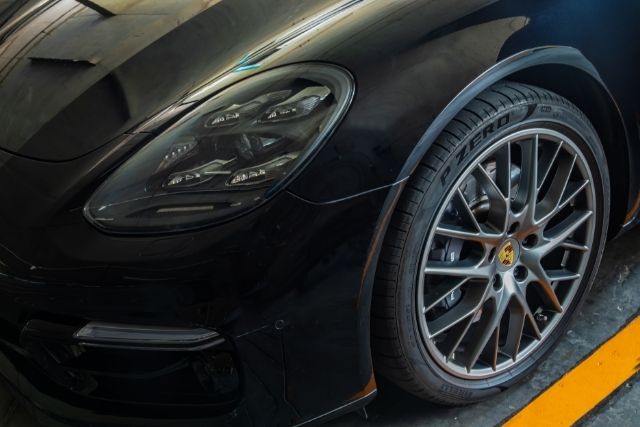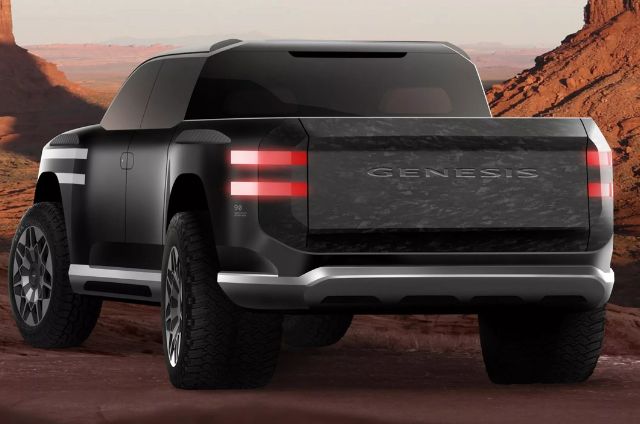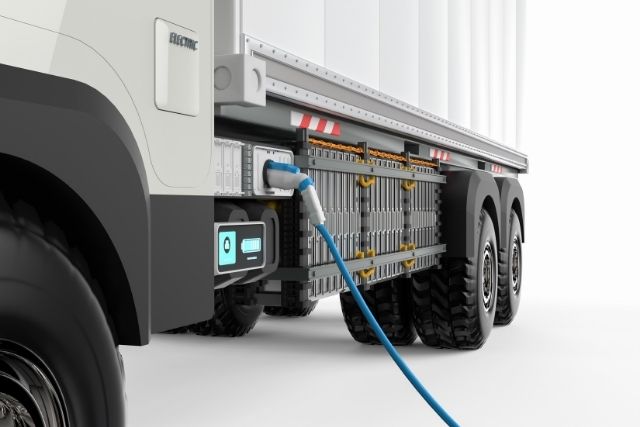Porsche is reconsidering its electric-only strategy, responding to unexpected demand from luxury car buyers who still favor combustion engines over electric vehicles. Originally, Porsche had aimed to make EVs 80% of its sales by 2030, retaining only the iconic 911 as a gas-powered model. However, recent insights from the company’s leadership suggest that Porsche’s plans may shift to include more combustion engines and hybrid models across its lineup.
Combustion Cars Still Exist
The change in Porsche’s stance became clear during a Q3 earnings call when Lutz Meschke, a board member at Porsche, shared that the demand for Battery Electric Vehicles (BEVs) was lower than expected among luxury customers. “A lot of customers in the premium and luxury segment are looking in the direction of combustion-engined cars,” Meschke said, adding that Porsche now plans to “refresh our combustion engine cars, including the Panamera and the Cayenne.” This shift indicates that combustion and hybrid models will remain a crucial part of Porsche’s lineup to satisfy a market that appears more cautious about transitioning fully to electric.
Sales data supports this cautious approach. While Porsche’s electric Taycan has seen a steep 50% sales drop so far this year, its combustion-powered 718 models have seen a 10% sales increase. This contrast shows a clear customer preference within Porsche’s buyer base for traditional engines, even as regulatory pressures to switch to EVs mount.
Abandoning Electric-Only Plans
Porsche is not alone in this pivot; multiple luxury automakers are adjusting their electrification goals as they grapple with mixed consumer demand. Even Porsche CEO Oliver Blume acknowledged recently that the EV transition “is taking longer than we thought five years ago.” The company’s response to this reality is a flexible approach that may reintroduce combustion options, even in models initially planned as EV-only, such as the 718.
This industry-wide shift could create tension between automakers and lawmakers pushing for EV mandates, particularly the 2035 ICE ban in Europe. Porsche’s plans may set a trend, as other manufacturers are also beginning to express doubts about an all-electric timeline, hinting at a potential clash between consumer preferences and regulatory ambitions.



